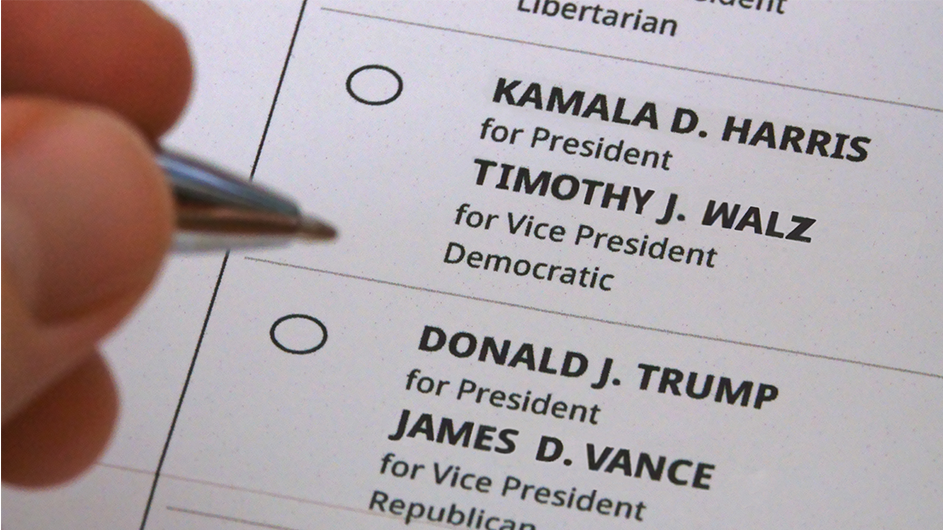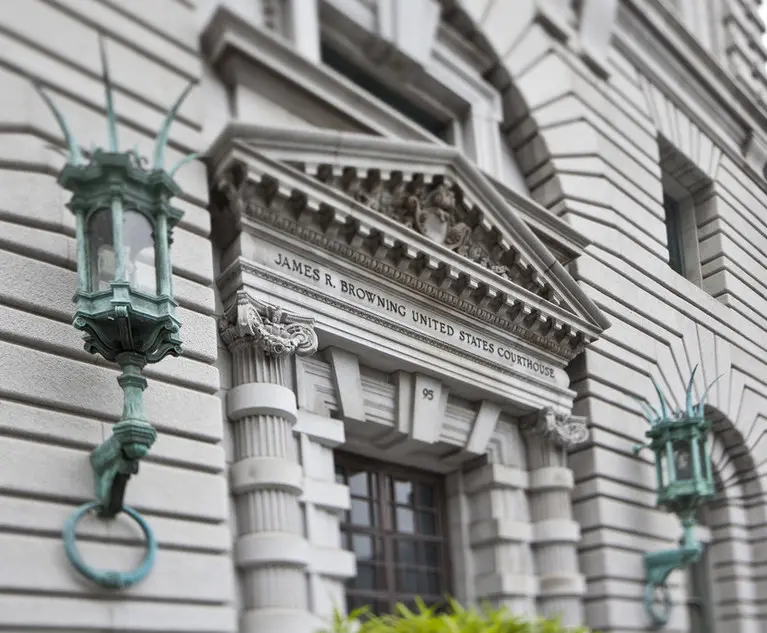The ongoing drama surrounding Donald Trump and CBS has reached intriguing new heights following the release of unedited transcripts from the infamous ’60 Minutes’ interview with Vice President Kamala Harris. The release came as part of Trump’s bombastic $10 billion lawsuit against the network, in which he accused CBS of manipulating the interview to undermine his image. This article dives deep into the details of the legal tussle, providing an engaging context to the story that has kept both political analysts and gossip enthusiasts buzzing.
Trump’s claim of a ‘doctored’ interview raises questions not only about media ethics but also about the implications of media manipulation in political narratives. As the drama unfolds, fans of political gossip and curious observers alike will want to keep an eye on developments stemming from this high-profile case. With CBS firmly rebutting claims of deceit, the narrative only seems to get juicier.
The Legal Foundations of Trump’s Lawsuit
Donald Trump’s legal action against CBS is based on allegations of election interference and manipulation of the broadcast content. In key reports, Trump argues that CBS aired a version of the interview that painted him in a negative light, while sanitizing the remarks made by Kamala Harris. This is not only about money; it’s about public perception and the way that digital media can shape narratives.
The Background of the Controversial Interview
The original 60 Minutes interview, conducted by Bill Whitaker, sparked controversy as it delved into significant political topics. However, a preview clip highlighted discrepancies between Harris’s comments in the preview and what aired during the full segment, which fueled claims of manipulation. Trump’s supporters claimed that the network carefully edited portions of Harris’s comments to create a misleading narrative.
This incident spotlighted ongoing concerns about fairness and transparency in televised journalism. Media literacy is pivotal in today’s fast-paced world, where opinions and narratives can be skewed via selective editing. The unfolding scenario prompts viewers to question not only what they see but also who controls the narrative. CBS’s assertion that its content is accurate comes amidst mounting scrutiny from various societal sectors, all eager to untangle the layers of this unfolding tale.
The Role of Social Media
Social media has been instrumental in disseminating information and shaping perceptions surrounding this lawsuit. Trump has utilized platforms like Twitter to express his disdain for the broadcast and to rally his supporters, often characterizing CBS news as biased. In an era where tweets can reach millions instantaneously, the impact of social media on public sentiment regarding media outlets cannot be overstated.
Additionally, various public figures have chimed in on the narrative, utilizing their platforms to either support or criticize Trump’s claims. Posts have ranged from detailed analyses of the broadcast to passionate condemnations of either party involved in the controversy. The discourse has underlined the power of online platforms to influence public perceptions in significant ways.
The Implications of the Lawsuit
Trump’s lawsuit against CBS is emblematic of a broader trend where media outlets are facing increasing scrutiny from political figures. The outcome could set a precedent regarding how media narratives are constructed and challenged, especially in an election year. A ruling in favor of Trump could embolden other politicians to challenge media portrayals aggressively, while a ruling against him would affirm media independence.
One critical aspect of this case is the potential for settlement. Recent reports suggest that CBS may consider settling to avoid a protracted legal battle. The negotiation process could reveal not just the stakes involved for CBS but also the lengths to which networks might go to protect their integrity versus shielding themselves from financial liability. A settlement might also influence public perceptions of both entities, either reinforcing Trump’s claims of victimization or validating CBS’s stance as a responsible media entity.
Media Ethics and Responsibilities
This ongoing legal saga presents a unique opportunity to discuss media ethics in the modern world. Are news organizations obligated to entirely represent the content of interviews, or is selective editing a fair practice? Viewers often rely on the assumption that they are consuming unfiltered, unbiased content, but the reality can often be far more complex.
As Trump and CBS navigate these unprecedented waters, the implications for audience trust in media organizations are significant. An unresolved case could further erode public confidence, especially if either side is viewed as less than honest. The incident invites reflection on the responsibilities of media professionals to provide fair and balanced coverage, free from undue influence.

Public and Celebrity Reactions
As the lawsuit plays out, public reactions have been a mix of fervent support and stark criticism. Political commentators have flocked to social media to express their opinions, while many ordinary citizens are left to digest the complexity of the situation.
Celebrity Endorsements and Opinions
In the world of politics, celebrities often wield considerable influence, and their opinions can resonate strongly with fans and followers. Figures such as Snoop Dogg and Cynthia Nixon have expressed their views, with Nixon advocating for media transparency while Snoop Dogg has offered his thoughts on the broader implications of Trump’s presidency. These endorsements add another layer to the conversation and illustrate how intertwined politics and celebrity culture have become.
The reality of media coverage means that not just fans, but media personalities and entertainers feel compelled to weigh in, creating a cultural dialogue that may, in some cases, further polarize opinions. This phenomenon underscores how events in the political realm can infiltrate popular culture, creating echoes that last far beyond the original controversies.
Gossip Columns and Their Take on the Situation
Gossip columns have thrived in this environment, with reporters and writers eagerly dissecting every twist and turn. The sensationalism surrounding Trump’s legal grievances provides fertile ground for those craving juicy tidbits. Publications have rushed to cover aspects ranging from familial ties to public relationships, each aiming to entice readers with something spicy to chew on.
The anecdotal approach often taken in these narratives adds an extra layer of intrigue, with sensational headlines drawing audiences in and deepening their interest. Reporters keep an eye on micro-narratives evolving around the key players, whether it’s evaluating Trump’s tweets or Kamala Harris’s subsequent public appearances.
The Future of Media and Politics
As the legal dispute unfolds, many are left pondering how this case will influence the future trajectory of media coverage and political interactions. Trump’s legal actions against CBS highlight a larger narrative about media’s role in shaping political dynamics. Equally, it raises questions about the ethical boundaries of editorial practices and the responsibilities media organizations hold to their audiences.
The Digital Landscape and Its Impact
The rapidly evolving digital landscape poses both challenges and opportunities for media organizations. Instantaneous access to a plethora of information sources alters the way news is consumed and perceived, leading to varied interpretations of the same story. As anecdotal evidence from social media strengthens or weakens narratives, alternative media outlets flourish, feeding into the demand for diverse viewpoints.
The push for greater transparency may also reshape how major media organizations operate in the future. A sensitive balancing act emerges, where networks must uphold journalistic integrity while addressing the growing insistence for accountability from the public. CBS’s current challenge could serve as a bellwether for how networks approach controversies moving forward.
Lessons Learned Through the Legal Challenge
There’s much to glean from the ongoing challenges that arise from Trump’s lawsuit. The case stresses the importance of discernible content practices as audiences become more engaged and skeptical. A greater demand for accountability in media is bound to shape how narratives are curated, consequently spurring conversations about public trust and agency in the media landscape.
The incident serves as a reminder that politics rarely occurs in a vacuum; rather, it intertwines with myriad aspects of culture, personal dynamics, and media strategy. Whether you follow political drama closely or simply dabble in the latest headlines, this is an evolving tale worth tracking.

Source: www.thedailybeast.com
Hi there! I’m Jade, a 38-year-old gossip journalist with a passion for uncovering the juiciest stories in the world of celebrity news. With years of experience in the industry, I love sharing the latest trends and insider scoops.



